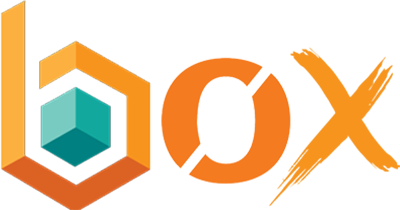Neurodiversity Celebrate The Spectrum Shirt
Or buy product at :Amazon
-
5% OFF 2 items get 5% OFF on cart total Buy 2
-
10% OFF 3 items get 10% OFF on cart total Buy 3
-
15% OFF 4 items get 15% OFF on cart total Buy 4
♥CHECK OUR BESTSELLERS - LIMITED EDITION SNEAKER FOR MEN OR WOMEN:
Best Selling Sneaker
Retro SP x J Balvin Medellín Sunset (UA) Air Jordan 3 Sneaker
Best Selling Sneaker
Best Selling Sneaker
Best Selling Sneaker
Table of Contents
ToggleNeurodiversity Celebrate The Spectrum Shirt
In the basement of the Bureau International des Poids et Mesures (BIPM) headquarters in Sevres, France, a suburb of Paris, there lies a piece of metal that has been secured since 1889 in an environmentally controlled chamber under three bell jars. It represents the world standard for the kilogram, and all other kilo measurements around the world must be compared and calibrated to this one prototype. There is no such standard for the human brain. Search as you might, there is no brain that has been pickled in a jar in the basement of the Smithsonian Museum or the National Institute of Health or elsewhere in the world that represents the standard to which all other human brains must be compared. Given that this is the case, how do we decide whether any individual human brain or mind is abnormal or normal? To be sure, psychiatrists have their diagnostic manuals. But when it comes to mental disorders, including autism, dyslexia, attention deficit hyperactivity disorder, intellectual disabilities, and even emotional and behavioral disorders, there appears to be substantial uncertainty concerning when a neurologically based human behavior crosses the critical threshold from normal human variation to pathology.
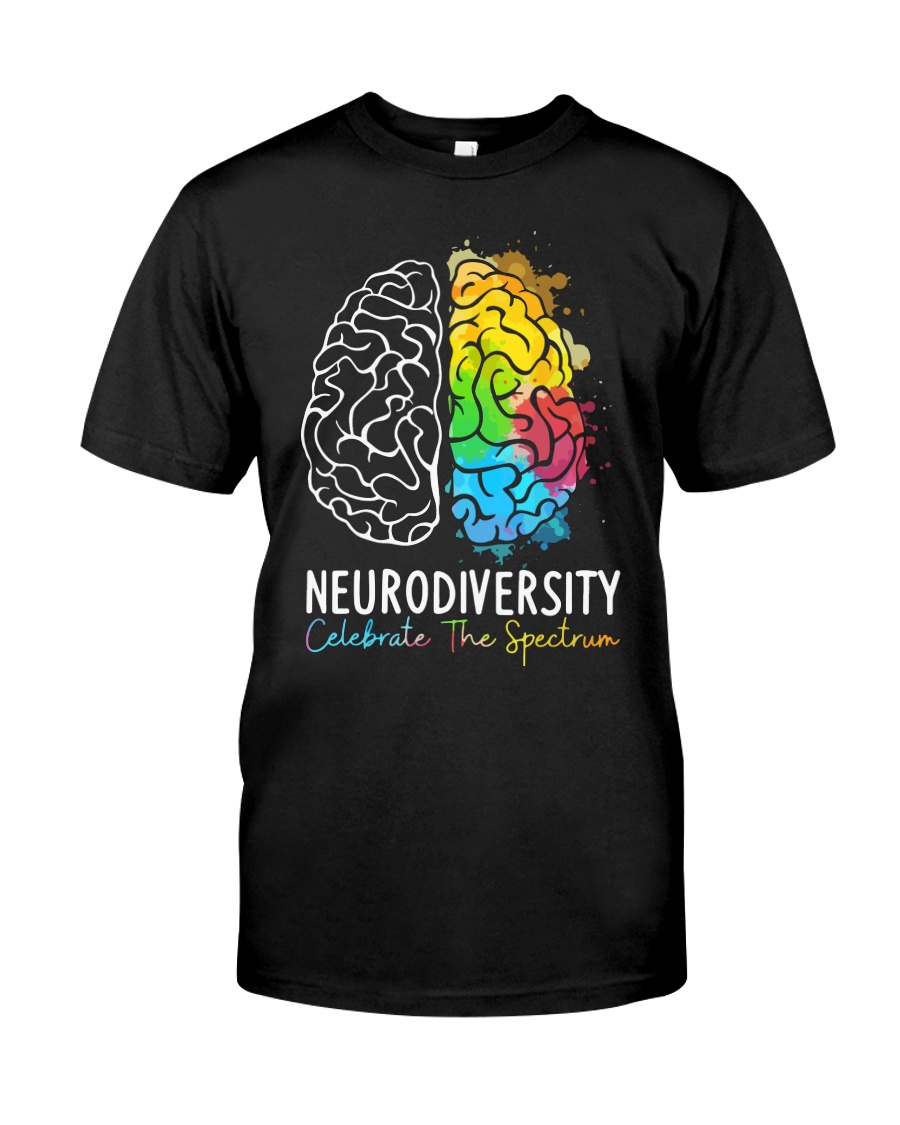
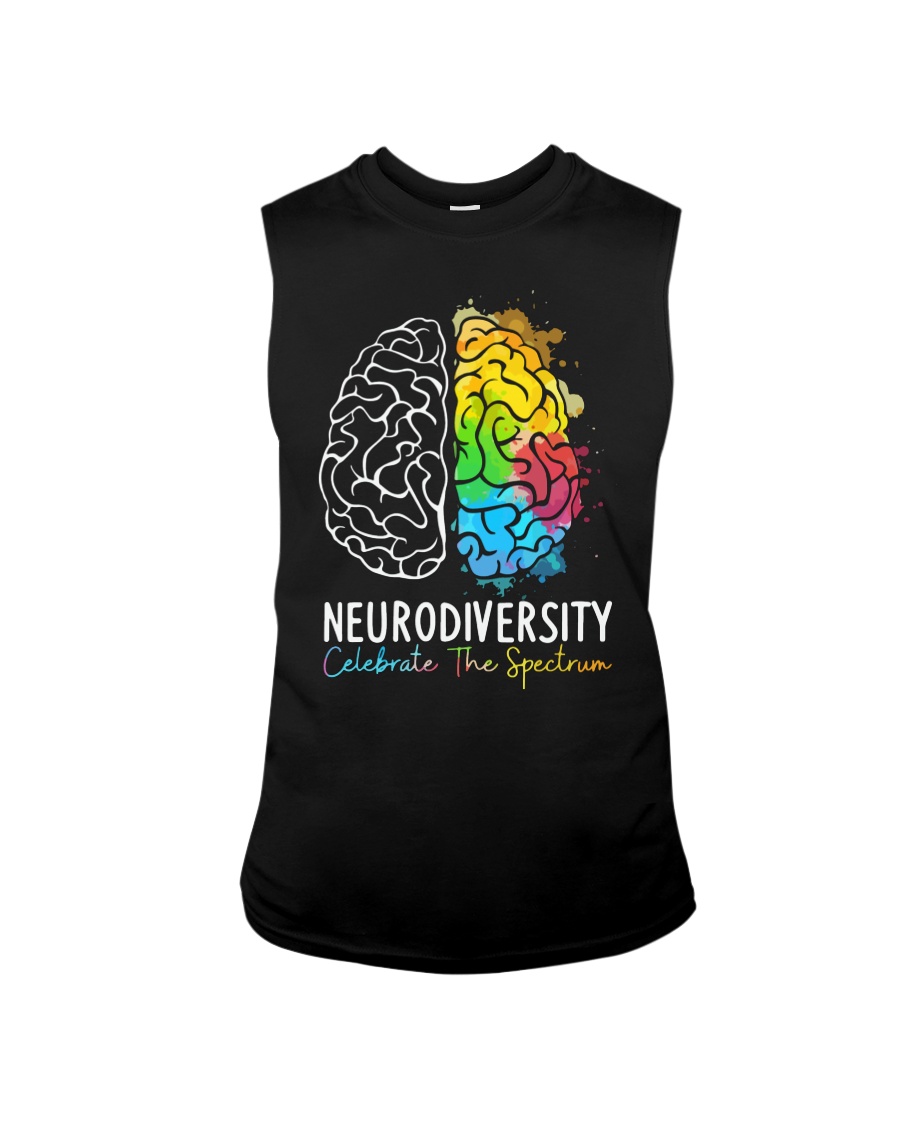
Neurodiversity Celebrate The Spectrum Shirt
A major cause of this ambiguity is the emergence over the past two decades of studies suggesting that many disorders of the brain or mind bring with them strengths as well as weaknesses. People diagnosed with autism spectrum disorder (ASD), for example, appear to have strengths related to working with systems (e.g., computer languages, mathematical systems, machines) and in experiments are better than control subjects at identifying tiny details in complex patterns [1]. They also score significantly higher on the nonverbal Raven’s Matrices intelligence test than on the verbal Wechsler Scales [2]. A practical outcome of this new recognition of ASD-related strengths is that technology companies have been aggressively recruiting people with ASD for occupations that involve systemizing tasks such as writing computer manuals, managing databases, and searching for bugs in computer code
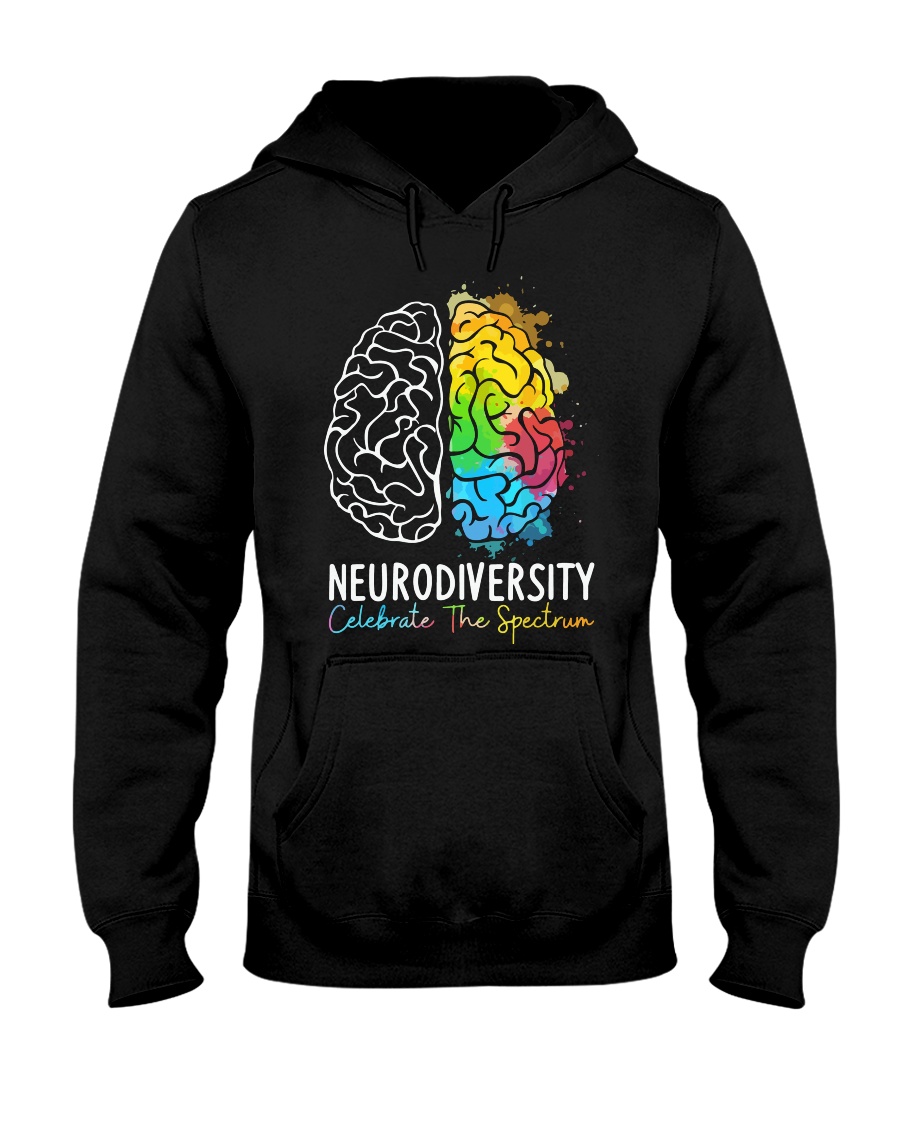
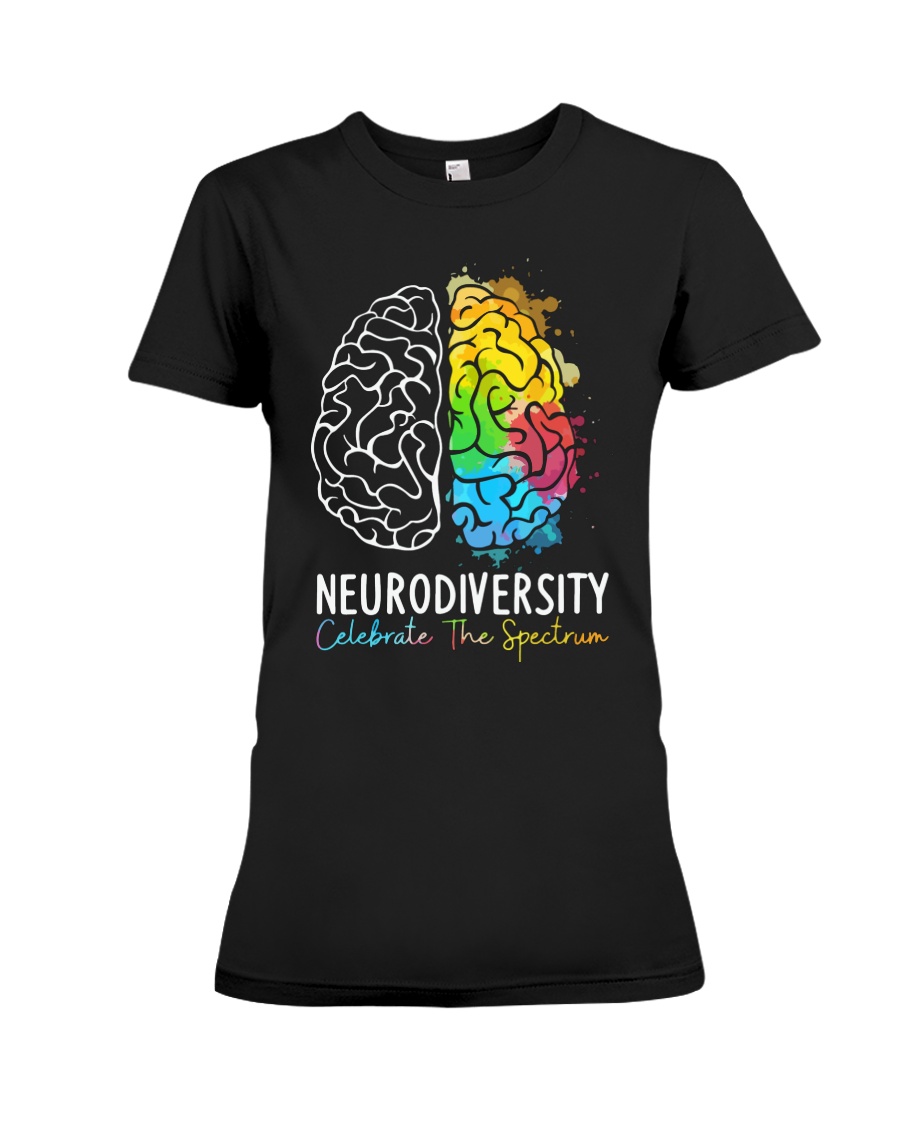
A. SHIPPING COSTS
Standard Shipping from $4.95 / 1 item
Expedited Shipping from $10.95 / 1 item
B. TRANSIT, HANDLING & ORDER CUT-OFF TIME
Generally, shipments are in transit for 10 – 15 days (Monday to Friday). Order cut-off time will be 05:00 PM Eastern Standard Time (New York). Order handling time is 3-5 business days (Monday to Friday).
C. CHANGE OF ADDRESS
We cannot change the delivery address once it is in transit. If you need to change the place to deliver your order, please contact us within 24 hours of placing your order at [email protected]
D. TRACKING
Once your order has been shipped, your order comes with a tracking number allowing you to track it until it is delivered to you. Please check your tracking code in your billing mail.
E. CANCELLATIONS
If you change your mind before you have received your order, we are able to accept cancellations at any time before the order has been dispatched. If an order has already been dispatched, please refer to our refund policy.
G. PARCELS DAMAGE IN TRANSIT
If you find a parcel is damaged in transit, if possible, please reject the parcel from the courier and get in touch with our customer service. If the parcel has been delivered without you being present, please contact customer service with the next steps.
No Hassle Returns and Refunds
Our policy lasts 14 days. If 14 days have gone by since your purchase, unfortunately we can’t offer you a refund or exchange.
To be eligible for a return, your item must be unused and in the same condition that you received it. It must also be in the original packaging.
Several types of goods are exempt from being returned.
Gift cards
Downloadable software products
Some health and personal care items
To complete your return, we require a receipt or proof of purchase.
Please do not send your purchase back to the manufacturer.
There are certain situations where only partial refunds are granted (if applicable) :
– Any item not in its original condition, is damaged or missing parts for reasons not due to our error
– Any item that is returned more than 30 days after delivery
Refunds (if applicable)
Once your return is received and inspected, we will send you an email to notify you that we have received your returned item. We will also notify you of the approval or rejection of your refund.
If you are approved, then your refund will be processed, and a credit will automatically be applied to your credit card or original method of payment, within a certain amount of days.
Late or missing refunds (if applicable)
If you haven’t received a refund yet, first check your bank account again.
Then contact your credit card company, it may take some time before your refund is officially posted.
Next contact your bank. There is often some processing time before a refund is posted.
If you’ve done all of this and you still have not received your refund yet, please contact us at [email protected]
